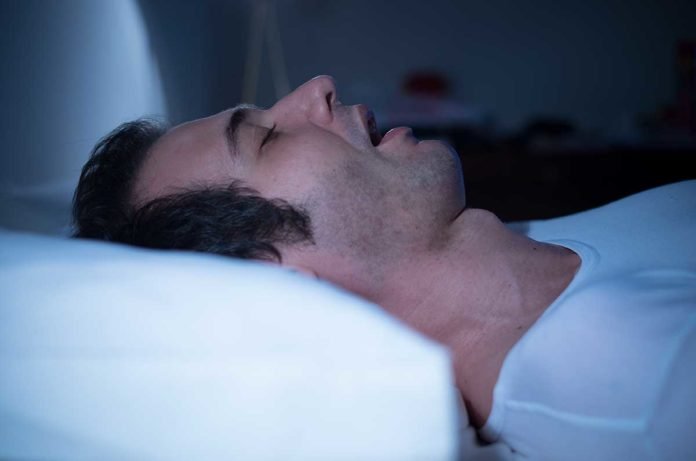Are you struggling with sleep apnea? The chances are that you are not alone. As we speak, nearly 25 million adults all over the country are affected by this sleep disorder. The above-mentioned sleep disorder is normally characterized by difficulties in breathing whenever one is sleeping.
As a result, victims here usually have interrupted sleep from time to time. Sometimes, such people cease breathing a couple of times during the night. If this disorder remains untreated, it can be detrimental. Although there are many techniques for treating sleep apnea, one way to deal with it is by visiting a dentist.
Types of sleep apnea
Medical experts indicate three types of sleep apnea. They include:
- Obstructive sleep apnea
- Central sleep apnea
- Mixed sleep apnea
The most common disorder among many people is obstructive sleep apnea. It usually occurs whenever your airway is either blocked either completely or partly during sleep. As a result, the chest and the diaphragm have to overwork in order to keep the airway open all the time.
Consequently, you might start breathing heavily, and sometimes your body can jerk. Such incidences end up interfering with the much-needed sound sleep. They can reduce the flow of oxygen to the essential tissues in the body, including the brain. This disorder can readily be treated by a sleep apnea snoring dentist using an oral appliance.
Central sleep apnea often develops when the brain fails to signal the respiratory muscles to breathe. This usually happens if the patient has an unstable respiratory control center. Unlike obstructive sleep apnea, this one is related to the central nervous system. Lastly, mixed sleep apnea refers to the combination of both central sleep apnea and obstructive sleep apnea.
How a sleep apnea snoring desist helps to diagnose sleep apnea
As mentioned above, a dentist can diagnose sleep apnea in patients suffering from obstructive sleep apnea. If you have mild or even moderate obstructive sleep apnea, there is a dental appliance that can help keep this disorder at bay. You will realize that these oral mandibular advancement devices usually prevent the tongue from blocking your throat.
Better still, there is an oral device that can help push the tongue forward so that the airway can remain open even when you are sleeping. Depending on your condition, the dentist will advise which method suits your needs.
You only need to book an appointment with your dentist and then talk to them about your condition. Perhaps, you can speak to him about the symptoms you are experiencing so that they can diagnose your condition. Once this is done, this professional will perform a sleep study in order to confirm the diagnosis. The latter can either be done either at home or at your dentist’s clinic. It all depends on what you want.
The dentist will then assess your mouth, teeth, and temporomandibular joints in order to determine if they are ideal for mandibular advancement devices. If by any chance they are suitable, the professional will create models of their teeth. In fact, these models are used to craft oral appliances that will fit a patient’s mouth.

Significance of Seeking Professional help
By doing so, the professional prevents jaw damage as a result of an incorrectly fitted device. Be sure that if it fits on the model, it will fit well in your mouth. Patients are then required to wear these devices as they sleep in order to keep sleep apnea symptoms at bay.
Besides mandibular advancement devices, tongue-retaining devices can also be used to deal with this problem. Unlike the former, these ones hold the patient’s tongue in a forward position. Consequently, the airway will be kept open for longer.
The dentist might also offer CPAP therapy where a continuous stream of pressurized air is delivered throughout the night. This therapy is ideal for people with moderate to severe obstructive sleep apnea. Depending on your condition, the dentist might use oral devices, such as the ones mentioned above and a CPAP machine, or just one of these methods.
Since you might not be used to these devices in the recent past, you might feel uncomfortable during the first few days. However, the pain reduces with time. Besides this, regular monitoring is important to ensure that these devices are indeed effective. This way, you will be able to get the best results.
Conclusion
Sleep apnea can affect your productivity as you might be sleepy during the day. However, by visiting a dentist to treat this disorder, you can be sure that this problem will be over for good. Visit this dentist today for this treatment mentioned above, and you will get the value for your money.














